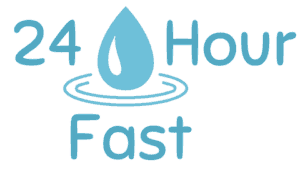When I first started intermittent fasting, I did it because of all the health benefits it can provide. But little did I know that one particular aspect of my life would be significantly improved in the process as well. We mainly think about intermittent fasting as a way to lose weight, control blood sugar, reduce inflammation, or improve your overall health, among multiple other benefits. Did you know that intermittent fasting can also improve your mental clarity, enhances your focus, and ultimately boosts your productivity? Let’s dive into how it works right now.
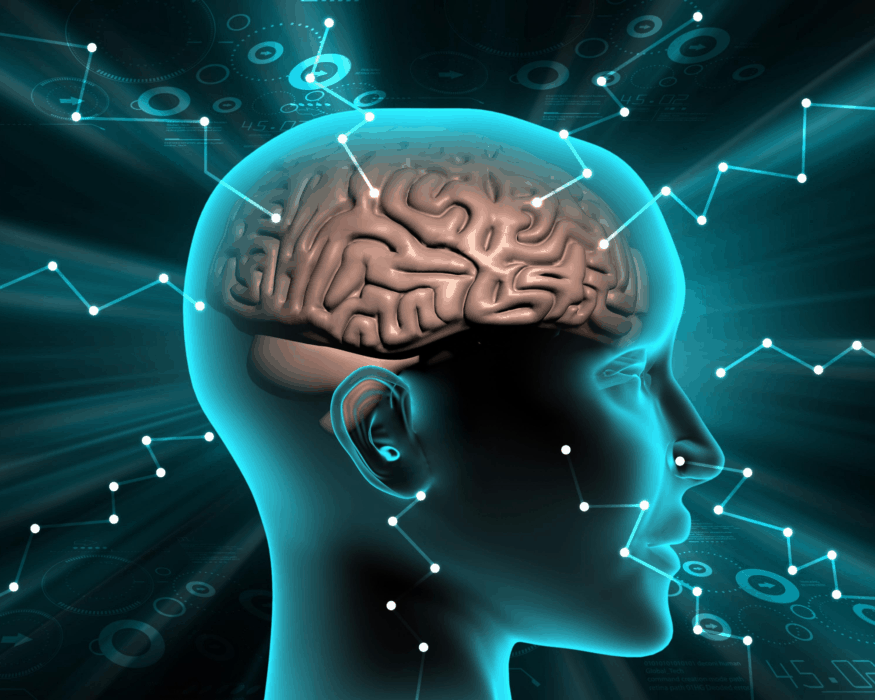
How does it work?
Before going any further, let’s see what intermittent fasting actually means. It is pretty simple, it just focuses on WHEN you eat. You basically choose a window where you can eat and then fast the remainder of the time. It means alternating between an eating window and a fasting window every day.
Most people fast overnight already. Intermittent fasting just extends that overnight fast more intentionally. For example, finishing dinner at 8 pm, fasting overnight, and eating breakfast or lunch at 12 pm. That is a 16-hour fast.
There are multiple ways of practicing intermittent fasting but the 16/8 method, 16-hour fast with an 8-hour eating window, is the most common one.
Fasting is a challenge for your brain
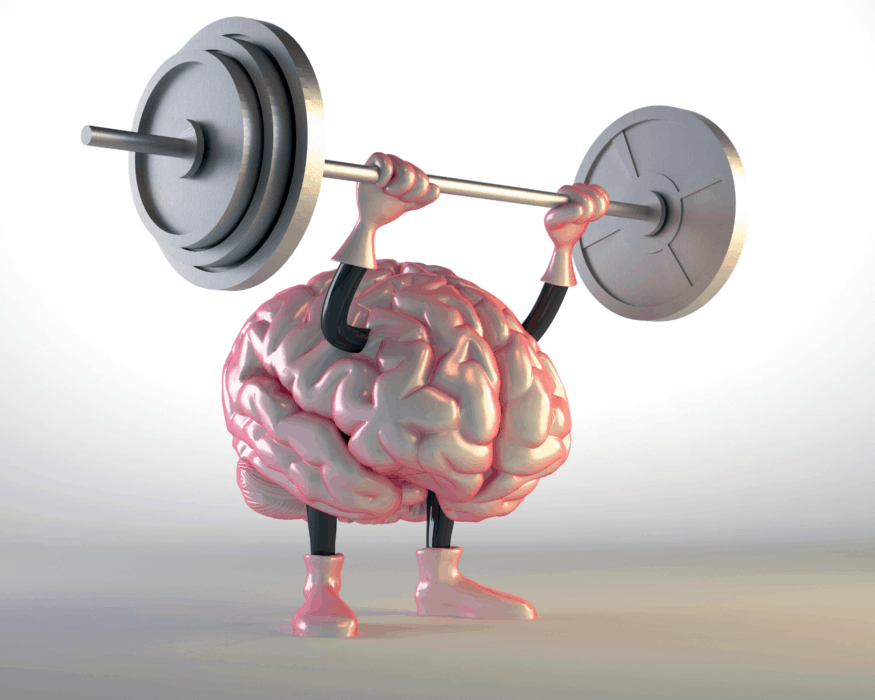
So how can fasting be beneficial for your brain health and cognitive performance?
Well, fasting is a short-term challenge to your brain. It leverages the positive impact that temporary stress can have. By being exposed to that stress, the brain develops adaptive stress response pathways. Mark Mattson, Ph.D, neuroscientist at Johns Hopkins University, mentioned: “similar to what happens when muscles are exercised, the neurons in the brain benefit from being mildly stressed”.
However, there is good stress and bad stress. Good stress, which doesn’t last long, sharpens biological functions. Chronic stress on the other hand, which is when the body can’t shut down that stress response, can be detrimental, especially in the long term.
Muscles get stronger during recovery, not during the workout itself. Fasting works in a similar manner. It put cells and specifically nerve cells in a stress-response state that will become beneficial when nutrients become available again.
You can see then, how intermittent fasting can be extremely powerful. By alternating short daily stress periods on the brain to make it stronger and recovery periods when nutrients are available.
Digestion takes energy

Before diving into the specific changes and benefits fasting can generate in the brain, let’s talk quickly about digestion and productivity.
I am sure you know what I am talking about. Do you remember that heavy Thanksgiving meal? Or that quick bowl of cereals eaten in a rush before going to school or the office? How did you feel after that? Ready for an uninterrupted and focused work session? Or rather like a sleepy human in need of either rest (huge meal) or more food (sugar crash).
I have been there. In both scenarios. And while there are ways to control blood sugar not to experience that sugar crash, by selecting the food we eat (hint: ditch that cereal bowl in the morning), the bottom line is: digestion takes energy.
And while eating is essential and a great way by itself to improve our overall health, optimizing meal timings can go a long way for optimal productivity. Intermittent fasting does exactly that.
I start working in the early morning without any food until the end of the morning. And while it goes against what most of us have been taught, my brain is perfectly sharp during that time. Much more than when I used to have breakfast earlier.

There are many ways to time your meals, with different fasting/eating window durations. But being aware of this is the first step. The second is to experiment and see what works best for YOU. There is no one right way to fast.
And then, keep in mind that balance is key. We want to target manageable short-term stress. Not being too extreme, which would have counterproductive impacts.
What happens to your brain when fasting?
So we know that intermittent fasting can make the brain stronger by challenging it on a short but consistent basis. Let’s now see what exactly happens to the brain when fasting and how it is beneficial.
Fasting boosts neuronal autophagy
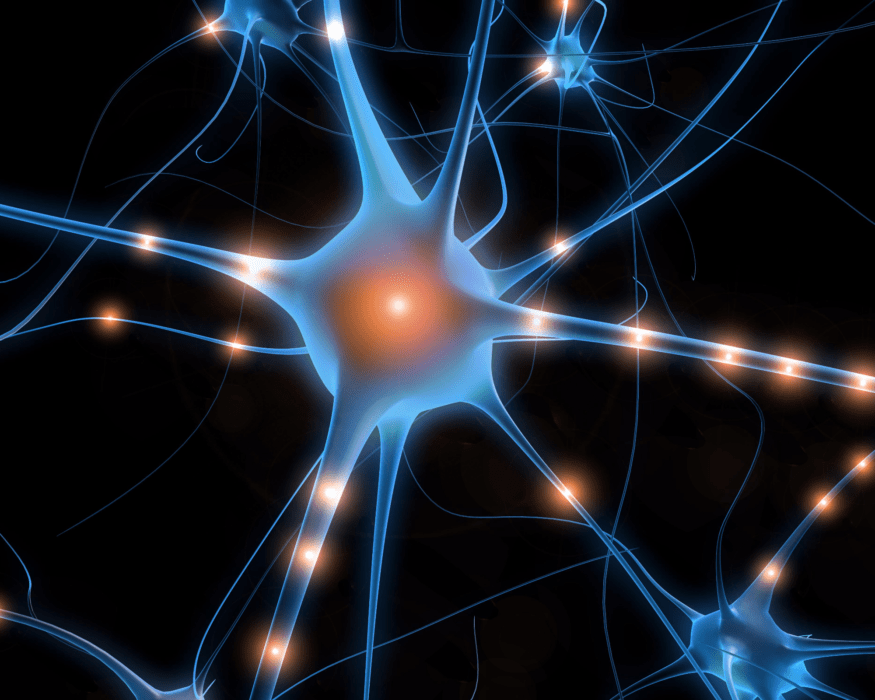
Autophagy is an essential biological process that occurs in the body. It’s essential because its purpose is to recycle and clean the structure and composition of the cells.
It happens at different times in different tissues of the body and in different proportions for everyone. It was originally thought that autophagy was induced in almost all tissues, except the brain. While there is still a lot to learn about autophagy, it’s now been shown that fasting can induce autophagy, not only in most tissues but in the brain as well. This specific research revealed that short-term fasting induces profound neuronal autophagy.
When the body is not busy digesting food, it can then focus on repairing, recycling, and healing.
Studies also show that optimal brain health actually depends on neuronal autophagy. This research showed that autophagy is active in key parts of the hypothalamus, while another study highlighted that the disruption of neuronal autophagy resulted in neurodegeneration.
If you want to learn more about autophagy, check this article that explained all about its benefits, its roles, and how it can be induced.
In summary, neuronal autophagy is not only essential to maintain optimal brain health but it also plays a protective role from neurodegenerative disease.
Fasting improves brain structure and brain function
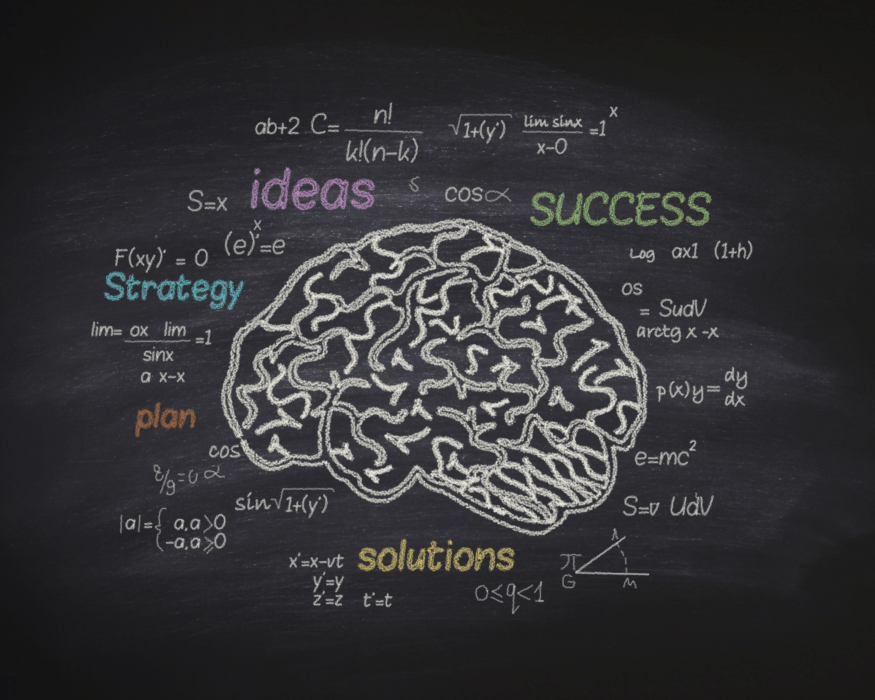
Though the majority of research is limited to animals, multiple studies found that fasting can have a powerful effect on brain health. Intermittent fasting has been shown to improve cognitive functions and brain structures in mice.
Intermittent fasting can also increase the generation of new nerve cells. It can enhance cognition by increasing the levels of neurotransmitters involved in memory, attention, and focus, in particular orexin-A and norepinephrine.
While research involving humans are at work, there is a lot of information emerging regarding the cellular and molecular processes that explain how fasting improves both brain structure and cognitive functions.
Fasting enhances neuroplasticity and neurogenesis
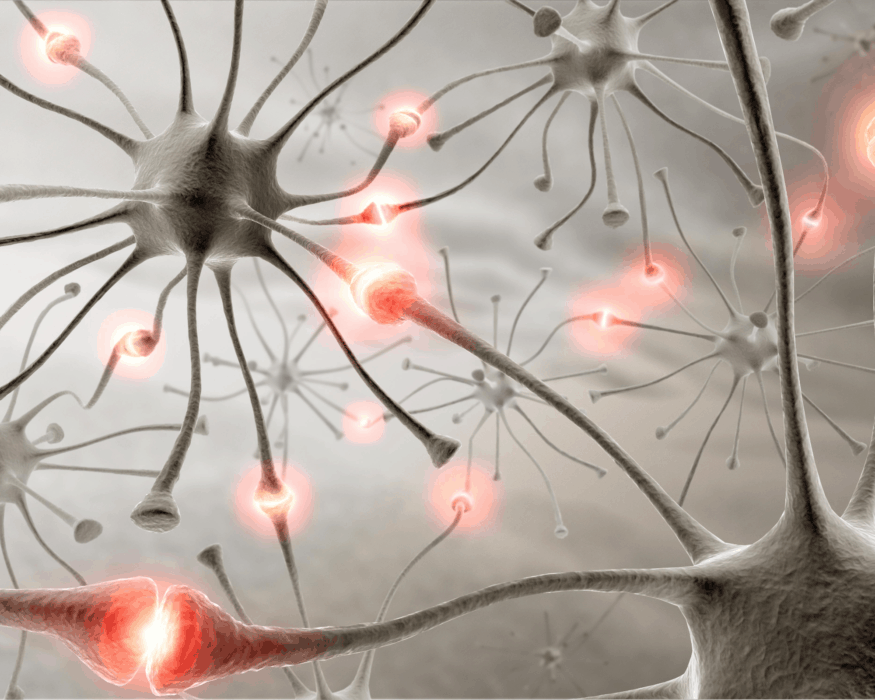
Neuroplasticity is the brain’s ability to adapt and form new pathways and connections. Neurogenesis on the other hand is the remarkable brain’s ability to grow new neurons.
The neuromechanical changes happening to the brain when intermittent fasting are very similar to the changes due to strenuous exercise. They both increase the production of proteins called neurotrophic factors. Among them, one major one, BDNF: Brain-derived neurotrophic factor.
BDNF is best described as the brain’s growth hormone. It interacts with different parts of the brain that regulate learning, memory, and higher cognitive function. BDNF helps grow new neurons as well as developing synapses between neurons. In other words, building new connections between neurons.
In summary, BDNF is essential for growing new brain cells, protecting existing ones, stimulating new connections while boosting memory and learning. It has also been shown to helps neurons resist common brain diseases like Alzheimer’s.
Stimulating the production of BDNF is one of the best things you can do for your brain and body. And intermittent fasting is one easy way to promote those amazing benefits.
Fasting increases mitochondria biogenesis
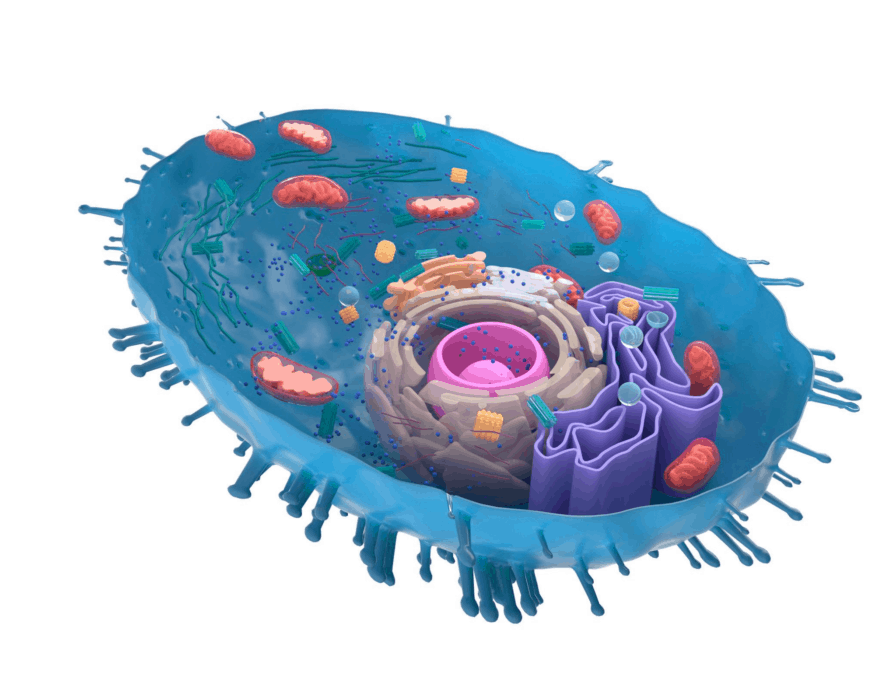
Another surprising benefit of intermittent fasting that has been demonstrated is to impact mitochondrial biogenesis. In other words, increasing the growth and division of mitochondria in the cells.
Mitochondria are the power generators of the cells. They convert the food and nutrients we eat into energy.
By increasing the production of mitochondria in the nerve cells, in particular, the neurons then produce more energy, increasing their capability of forming and developing synapses.
As a consequence, you can see that more energy for your brain will definitely help with focus, learning, and memory capabilities.
Fasting reduces brain inflammation

Because of its positive effect on reducing inflammation, fasting could also have a protective role against neurodegenerative disorders.
Some animal studies suggest that intermittent fasting can have a neuroprotective role against diseases such as Alzheimer’s and Parkinson’s.
More studies are needed to accurately show the effects of intermittent fasting on humans but the results shown from animal studies are promising.
Fasting produces optimal fuel for the brain
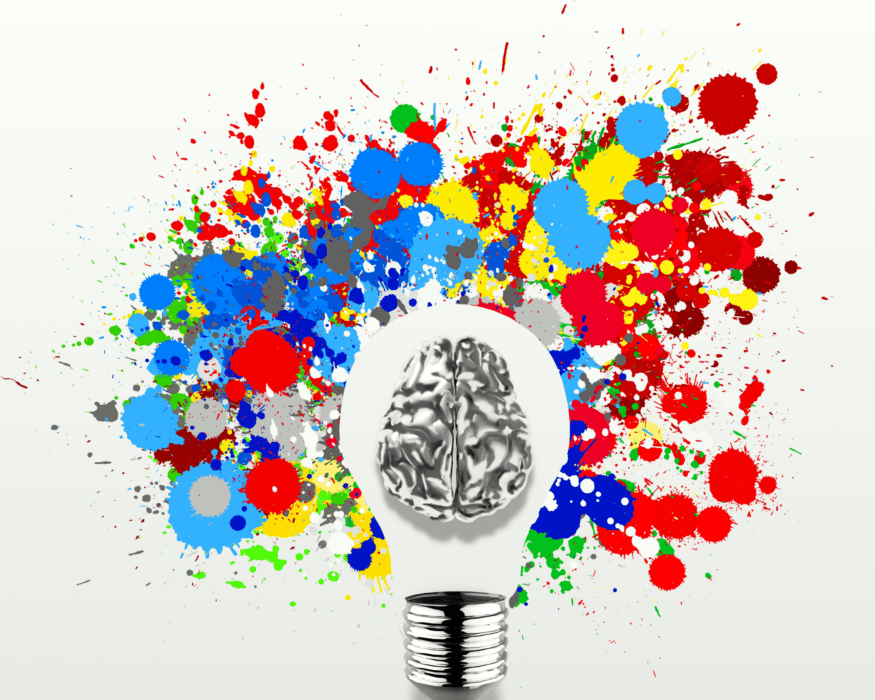
One important effect of fasting is that it will switch the source of fuel the body uses, several hours into the fast.
The body’s preferred source of fuel is glucose. That’s why it will first mobilize glycogen reserves stored in the liver and muscles. But after several hours, around 10 to 18 hours depending on the person’s diet and health status, glycogen reserves will start to be depleted.
That’s when our metabolism shifts and we start burning stored fat to convert it into ketones. That process is also known as ketosis. The ketone beta-HBA has been shown to be an extremely efficient fuel for the brain that produces energy more efficiently than glucose.
In his study, Mark Mattson showed that intermittent metabolic switching can optimize brain function, helping the brain perform at an optimal level.
So what to do?
As we just saw, intermittent fasting can have powerful benefits, supporting optimal cognitive functions like learning, memory, attention, and focus. There is no magic formula though and the best way is to experiment for yourself.
So where to start if you want to try intermittent fasting? In my opinion, the best method for any habit change is a method that can be done consistently, and more importantly, that can be sustainable. That’s why I’m in favor of what I call the one-hour incremental method.
The one-hour incremental method

It’s very simple. Start by estimating how long your current overnight fast is. What time do you usually finish eating at night? (yes, that includes that late-night snack). And what time do you start eating in the morning?
If for example, you finish eating by 8 pm and get breakfast at 7 am, that’s an 11-hour overnight fast. This is your starting point. Now, increase it by 1 hour. And keep that duration for several days, to see how your body handles it.
When it becomes easy, increase it by one additional hour. You can do that by either eating dinner a bit earlier or getting breakfast later in the morning. Or playing with both. What really matters is to do something that is easily manageable with your lifestyle. So that you can do it consistently. Then, you would repeat that process after a few days or weeks, whenever it becomes easy to handle until you reach your desired fasting duration.
During the fasting window, you can (and should) drink water. Hydration is key for optimal performance and productivity. Drinks like black coffee or tea are also commonly part of a fast. Any significant calorie intake should be postponed. You can learn more here about what breaks a fast.
While this method may seem slow based on where you start and where you want to be, it is a sustainable way of incorporating intermittent fasting into your life. It’s not meant to be a short-term fix (which never works by the way), but a real long-term and lifestyle change.
The importance of a healthy diet

While intermittent fasting focuses on when you eat, I want to highlight the importance of what you eat. Intermittent fasting is not an excuse to eat whatever you want during the eating window.
Food is information to the body. Not just fuel.
It’s important to ensure that you get enough foods rich in nutrients and vitamins, but even more specifically when intermittent fasting. Indeed, your body will go long periods of time without anything. Which has its benefits on its own. But you want to make sure that when it’s time to eat, you get nutritive foods, not just empty calories. Like vegetables, fruits, quality proteins, and healthy fats. Not chips, cookies, fries, or sodas just to cite a few.
Regarding the foods to favor for productivity and overall brain health, Max Lugavere wrote an amazing book explaining it all: Genius Foods: Become Smarter, Happier, and More Productive While Protecting Your Brain for Life. If you want to know more about this, I would highly recommend that read.
Who should not fast
Intermittent fasting is generally considered safe for most people. It’s still recommended to check with your medical professional before undertaking any significant lifestyle change.
It’s important to note that fasting should be avoided among the following populations: people with diabetes or heart disease, with blood sugar regulation issues, people with any medical condition, women who are pregnant or breastfeeding, as well as children, adolescents, and older adults.
Conclusion

Intermittent fasting can be an easy and powerful behavior when it comes to productivity, focus, and enhancing cognitive functions. It also shows some promising protective benefits for brain health.
But like anything, this is not a magic solution that fits all. There is no one right way to eat or fast. It can be extremely efficient and beneficial, but the best is to be curious, experiment, and see what works best for you.
Mark Mattson, neuroscientist, said: “Communication is the way to improve health. People need to first understand what they can do to improve their health and then take action”. Now you know, what will you do to take action?
The information we provide at 24hourfast.com is not intended to replace a consultation with a qualified medical professional. By interacting with this site, you agree to our disclaimer.
